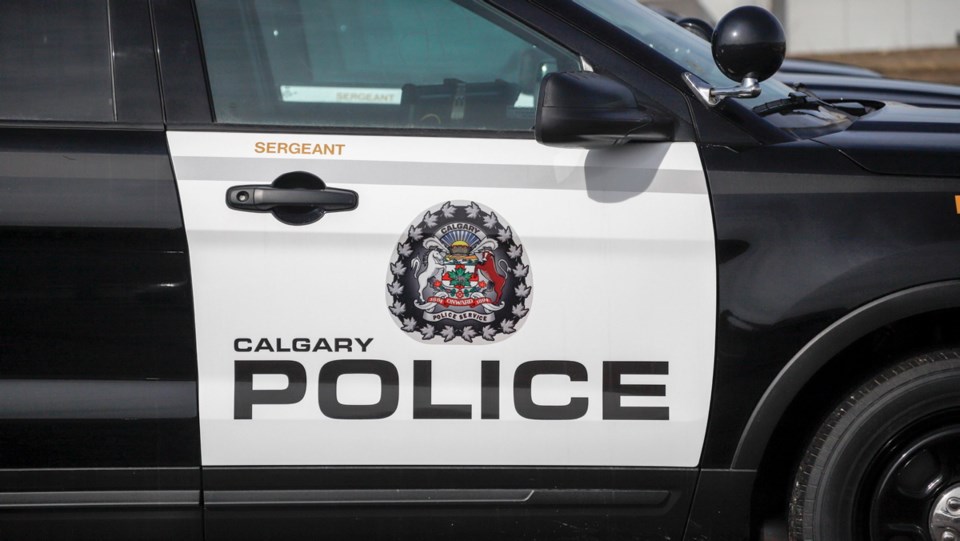The spotlight is on every police chief across Canada and throughout North America. In some cases that light is bright, and not likely to dim anytime soon.
Cameras are rolling too, and the next take is going to require a lot of careful attention by leaders and politicians. They are going to have to make some incredibly difficult decisions as police budgets are on the chopping block, and police actions will remain under the public microscope.
With Peel’s nine principles of policing being the basis for this series of columns, it brings us to the second principle, which is “to recognize that the power of the police to fulfil their functions and duties is dependent on public approval of their existence, actions, and behavior and on their ability to secure and maintain public respect.”
Let’s face it, public approval is wavering and everything this tenet stands for is at stake.
Cue the cameras. Storytellers Marc Serpa Francoeur and Robinder Uppal recently released an extremely disturbing documentary on policing. Their film, Above the Law, addresses police violence, misconduct and other problems facing the Calgary Police Service. Respect, honesty, compassion, courage, fairness, accountability and integrity are the core values of the Calgary Police Service, so what’s wrong?
Filmmakers Francoeur and Robinder did their homework, offering numerous perspectives including statements from the former Calgary police chief Roger Chaffin, who served 2015-2018, and current chief Mark Neufeld.
In Chaffin’s interview, he says “taking that oath of allegiance, becoming a police officer provides you with an enormous amount of authority, probably the most intimate form of government the public will ever deal with is the police. The fact that they can suspend your charter of rights and freedoms, they could use force against you, they can do things to you that could forever upend your life, your family’s life, come with a high specific need to be accountable.”
As one of the surviving victims featured in the documentary asks — who is the bad guy? A growing number of citizens are demanding more accountability. Even police “watchdogs” such as the Alberta Serious Incident Response Team are being called out. This film highlights some of the stats noting that at least 23 Canadians have been shot and killed by police in the first six months of 2020, many during “wellness checks.”
Canada’s largest Indigenous police service has zero shooting deaths in 26 years, and no officer with the Nishnawbe Aski Police Service has died in the line of duty. Colin Perkel of the Canadian Press pointed out in a recent article that “the key difference from urban, non-indigenous policing is the relationship building between officers and the people they serve.”
We shouldn’t be fearful of the police, and yet a growing number of incidents demonstrate that officer misconduct and an extreme use of force is being perpetrated against the people they are sworn to serve and protect. One of the victim’s lawyers in the film points out “there was a failure, the checks and balances, none of them worked.”
Calgary Police Chief Mark Neufeld said in the documentary that “I think for too long organizations have done this — where when something goes wrong they hang out an individual to dry and then say, well you know — there we go, we dealt with that, you know Bob was bad and we dealt with Bob, and now we’re good. I think the bad apples versus bad barrel, they’re very different things, and I think we’ve always got to be looking at the barrel to make sure it’s not the barrel that is actually tainting the apples.”
We need solutions that reach far beyond the “defunding police” movements. Some experts suggest more civilian oversight is needed to police the police.
Still, you can’t build on broken, it’s one of Angela Blanchard’s best slogans, and was highlighted in Margaret Wheatley’s book titled Who Do We Choose To Be? Facing Reality Claiming Leadership Restoring Sanity.
One thing is now certain, every police leader is going to be (or should be) focused on co-creating a safer community for everyone.
Steve Woolrich is a crime prevention practitioner and the principal of Rethink Urban’s collaborative focusing on community safety and well-being.



